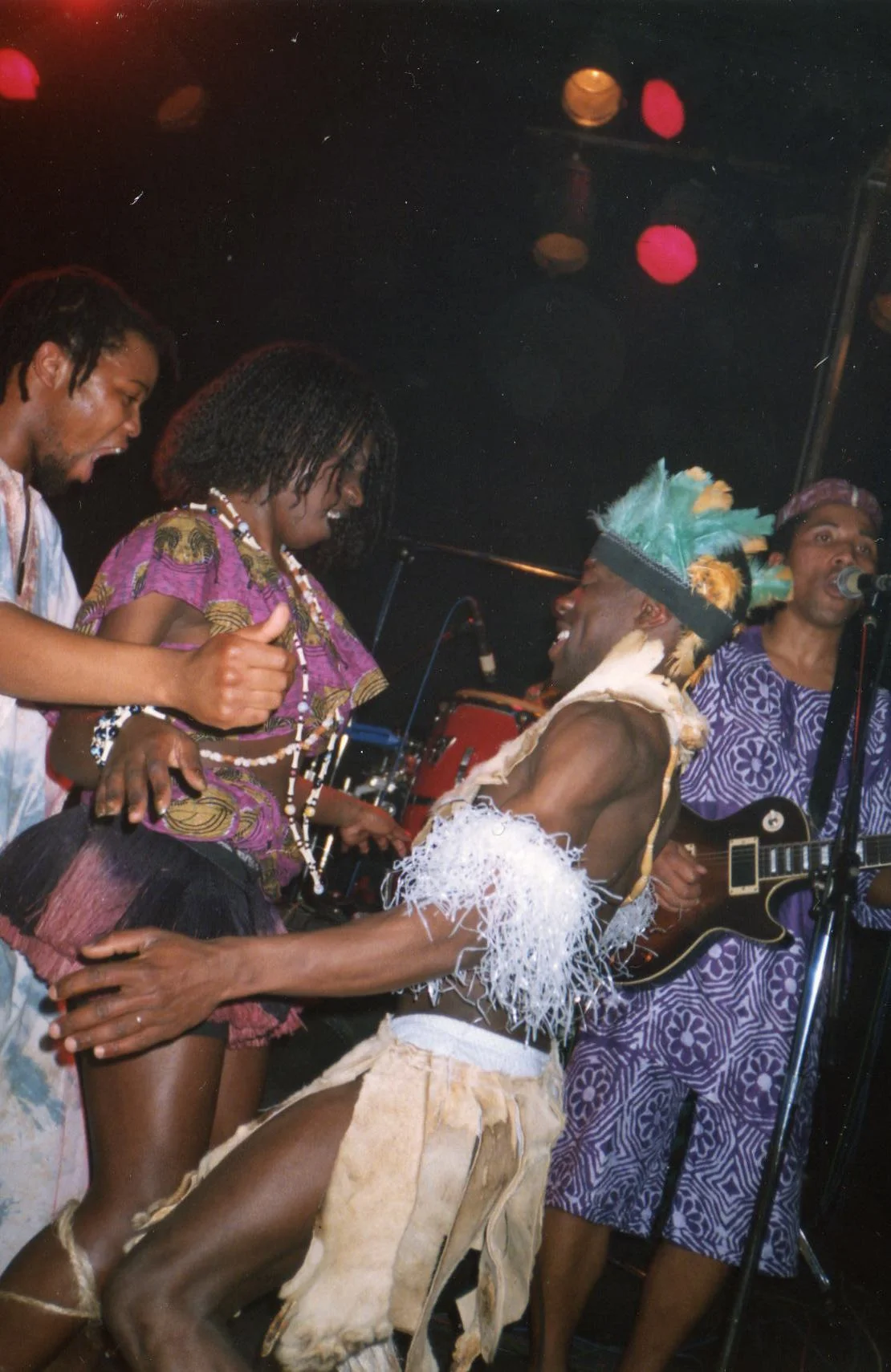1) RAP (Rithm And Poetry) é a prática sonora e/ou musical, um dos eixos da «cultura hip hop», assim entendida pelos precursores. Esta cultura integra ainda a vertente visual intitulada graffiti ou muralismo (ouvir Nomen neste dossier) e a vertente coreográfica denominada breakdance.
Ao hip hop, que se formou nos bairros do Bronx ou Nova Iorque, e se tornou pouco tempo depois numa cultura urbana e de consumo entre as comunidades juvenis passou a atribuir-se o nome de «movimento» ou «cultura», tendo posteriormente quer o RAP como o hip-hop (enquanto cultura agregadora das várias vertentes ‘’artísticas de rua’’) assumido outras denominações locais, como aconteceu no contexto português onde há uma corrente dominante que o apelida de hip hop tuga ou rap tuga, à qual se tem oposto uma outra corrente que questiona o significado dessas categorizações afirmando, antes, que se trata de um RAP feito em Portugal e não só em português. Crítica encontrada, por exemplo, no rapper Chullage, que usa ora o português ora o crioulo de Cabo Verde nas suas criações.
2) Simões, Soraia 2017 RAPublicar. A micro-história que fez história numa Lisboa adiada (1986 - 1996). Editora Caleidoscópio. Lisboa.
3) Simões, Soraia 2016 RAPortugal 1986 - 1999. Ciclo de Conferências e Debates no âmbito de projecto parcialmente financiado. Direcção Geral das Artes.
4) Simões de Andrade, Soraia 2019 Fixar o Invisível. Os primeiros Passos do RAP em Portugal. Editora Caleidoscópio. Lisboa.
5) Colóquio Reinventar o discurso e o palco: o RAP entre saberes locais e olhares globais, Maputo.
6) Fotografia de capa: Helena Silva, Outubro de 2014, LARGO Residências.
Paulo Jorge Morais, conhecido por Makkas, nome a partir do qual integrou a cultura hip-hop há cerca de vinte anos, nasceu no ano de 1976 em Angola, mas foi em Miratejo que cresceu.
Makkas já estava ligado, a partir da Moita, ao universo hip-hop, mas foi quando integrou o grupo Black Company que saiu da invisibilidade. Do grupo, criado na década de 1980, composto pelos rappers Bantú (agora Gutto), Bambino e Makkas (que o integraria no ano de 1988) seria anteriormente formado, ainda, pelos Dj´s KJB e Soon.
Vários rappers da área metropolitana de Lisboa, como General D e Ivan Cristiano (Beat boxer, que curiosamente integraria mais tarde o grupo de Almada UHF, com a função de baterista) passaram por Black Company.
Na colectânea Rapública, editada em 1994, ''Nadar'', um tema que surgira espontaneamente e que seria o primeiro tema em português do grupo, integrou o disco.
O álbum Geração Rasca, de 1995, bem como Filhos da Rua, de 1998, tornaram o grupo reconhecido no panorama nacional, o sucesso alcançado pelos seus integrantes tornaram o grupo uma referência para outros rappers, bem como um estímulo para várias comunidades, especialmente de jovens, oriundas dos mesmos espaços e/ou com experiências sociais e culturais semelhantes. A participação em Racismo Não, editado pela AMI (Assistência Médica Internacional), foi disso exemplo.
Actuaram em Cannes, no festival MIDEM, na noite Atlântica, no Brasil, entre outros.
A 8 de Setembro de 2008 seria lançado Fora de Série, com dezasseis temas, do qual fez parte o single "Só Malucos", um tema que reafirma o cariz intervencionista do grupo junto dos seus pimeiros seguidores. Cariz esse durante muito tempo invisível, devido à forte difusão e aceitação de ''Não Sabe Nadar'' que tornaria, para a maioria da recepção, sinónimo de uma descontinuidade dos seus papéis de denúncia das realidades circundantes.
À data em que esta entrevista aconteceu (Outubro de 2014), Makkas encontrava-se em estúdio na finalização do seu mais recente fonograma, de nome Rotina já com o seu novo grupo: The Raw Sample Project.
Miratejo, Agosto de 2014, com Makkas (Black Company) e General D





